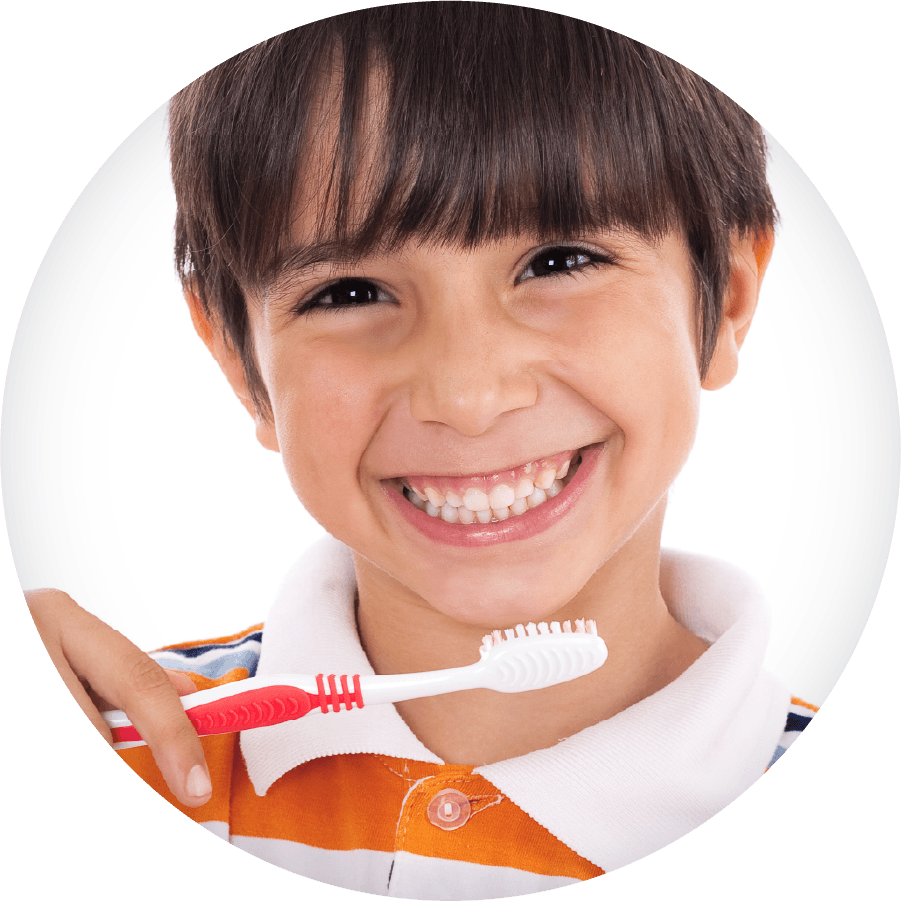

Want a healthier smile? Learn which drinks damage teeth, why treating baby cavities matters, and easy oral health tips to protect your whole family.
October is Dental Hygiene Month, and there’s no better time to refresh your family’s daily dental routines. With support from the My Smile Matters campaign by America’s ToothFairy, we’re sharing practical oral health tips that can prevent cavities, protect young smiles, and improve overall health.
Most parents know that candy can cause cavities—but did you know that certain drinks can damage your teeth, too?
Your teeth are protected by enamel, the hardest substance in the human body. But enamel can be weakened by:
These drinks not only erode enamel but also feed cavity-causing bacteria. For stronger, healthier teeth, encourage your kids to choose milk or tap water. Water has the added benefit of rinsing away food particles and, when fluoridated, strengthens enamel against decay.
Sometimes parents believe that cavities in baby teeth don’t need treatment since those teeth eventually fall out. But untreated tooth decay in children can lead to serious consequences:
The solution is simple: if your child has a cavity—even in baby teeth—see a dentist right away. Early treatment prevents pain, reduces costs, and helps kids thrive.
Oral health care begins earlier than many parents realize. Pregnant mothers and infants both benefit from early attention:
Former U.S. Surgeon General C. Everett Koop once said:
“You’re not healthy without good oral health.”
This statement is still true today. Poor oral health doesn’t just mean cavities—it can contribute to serious conditions such as diabetes, heart disease, and respiratory infections. By brushing, flossing, and seeing your dentist regularly, you protect both your smile and your whole body.
The good news? Preventing tooth decay and gum disease is easier than you think. Start with these simple steps:
Cavities and gum disease may be common, but they are preventable. This Dental Hygiene Month, recommit to healthy dental routines for your whole family. From smart drink choices to baby’s first brushing, every step you take protects your child’s smile—and their future health.
Sugary and acidic drinks like soda, juice, sports drinks, and energy drinks weaken enamel and feed cavity-causing bacteria. Water and milk are healthier options.
Yes. Even though they eventually fall out, untreated cavities in baby teeth cause pain, poor nutrition, missed school, and can affect permanent teeth.
Wipe your baby’s gums with a soft, damp cloth after feedings. Once the first tooth appears, begin brushing with a baby toothbrush and a smear of fluoride toothpaste.
By age one, or within six months of the first tooth erupting. Early visits help spot issues early and build comfort with dental care.
Children should brush for two minutes twice a day with fluoride toothpaste, and floss once a day once teeth start to touch.
Join our awareness campaign to show the world that healthy smiles matter! Visit MySmileMatters.org to access free education resources and social media kit.
